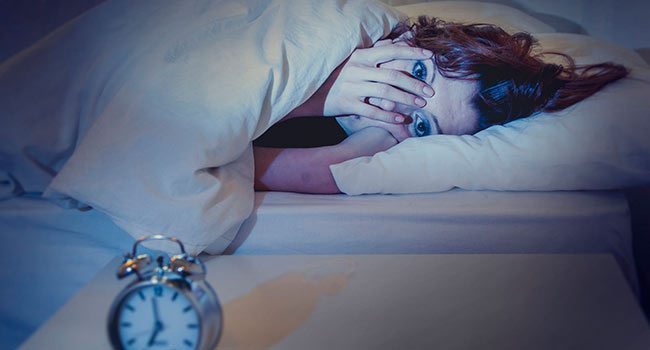A person’s sleep, or lack thereof, can be affecting them more seriously than realized. According to the Centers for Disease Control and Prevention, 35 percent of U.S. adults do not get enough sleep, but Arizona sleep experts are finding new methods to help people rest.
Local mattress guru Wes Harrington, CEO and co-founder of Bed DRS, believes the answer to a good night’s sleep is simple: the right mattress.
Harrington has implemented a pressuring mapping system for potential customers called the “rest test.”
“A person lays down on the mattress, and we take a picture of the pressure points; the pad that we use has hundreds of pressure points on it, so we can see in the web portion their high pressure points and where there’s less pressure, and the next screen tells them what type of support they need…and we can kind of guide them based on the results of the diagnostic web system,” Harrington said.
Dr. Ruchir Patel, medical founder and director of The Insomnia and Sleep Institute of Arizona, said that looking at screens, exercising, eating, drinking, or smoking too late in the evening or right before bed will afflict a person’s sleep habits.
Patel has a particular recommendation for those who struggle to sleep because of anxiety, or those who think about stressful things before bed.
“I met two new patients that will take an hour or two to fall asleep and will lay in bed and ruminate about that day, yesterday or tomorrow: they will sit there and create their lists about what they need to do when they should be going to sleep,” Patel said.
Dr. Patel recommended to these and other patients that they write the mental lists down about an hour before bed into a journal in order for the patients to go to bed with a clear mind.
“It’s simplistic, but it works. A lot of times that people have a hard time falling asleep it is psychological,” Patel said.
Another problem for sleep sufferers is that people often live with their symptoms as if the symptoms are normal, and will often wait a year or more before seeking treatment, Patel said.
“You start learning poor habits and basically they start carrying those poor habits into a nightly basis and before you know it, five years have gone on and they have developed chronic insomnia but if they had come in within a month of developing the more recurrent issues we could have fixed it and they wouldn’t have had the chronic insomnia development,” Patel said.
Tracy Spackman, certified gentle sleep coach of Phoenix, uses slight behavioral modification methods to help children sleep, in order to help their parents sleep.
Spackman uses methods such as “camping out” where a parent can sleep in the same room as the child but will remain fairly responsive to the child. Spackman said her process is about finding the small correction that works for the family, and warns of what happens when people live with little sleep.
“When you’re sleep deprived, your perceptions are skewed: it can make you think you have marital problems, it can make you fight with your husband, it can make you forget things.
“As an adult if you don’t get five and a half hours of sleep you start to show signs of crazy,” Spackman said.




